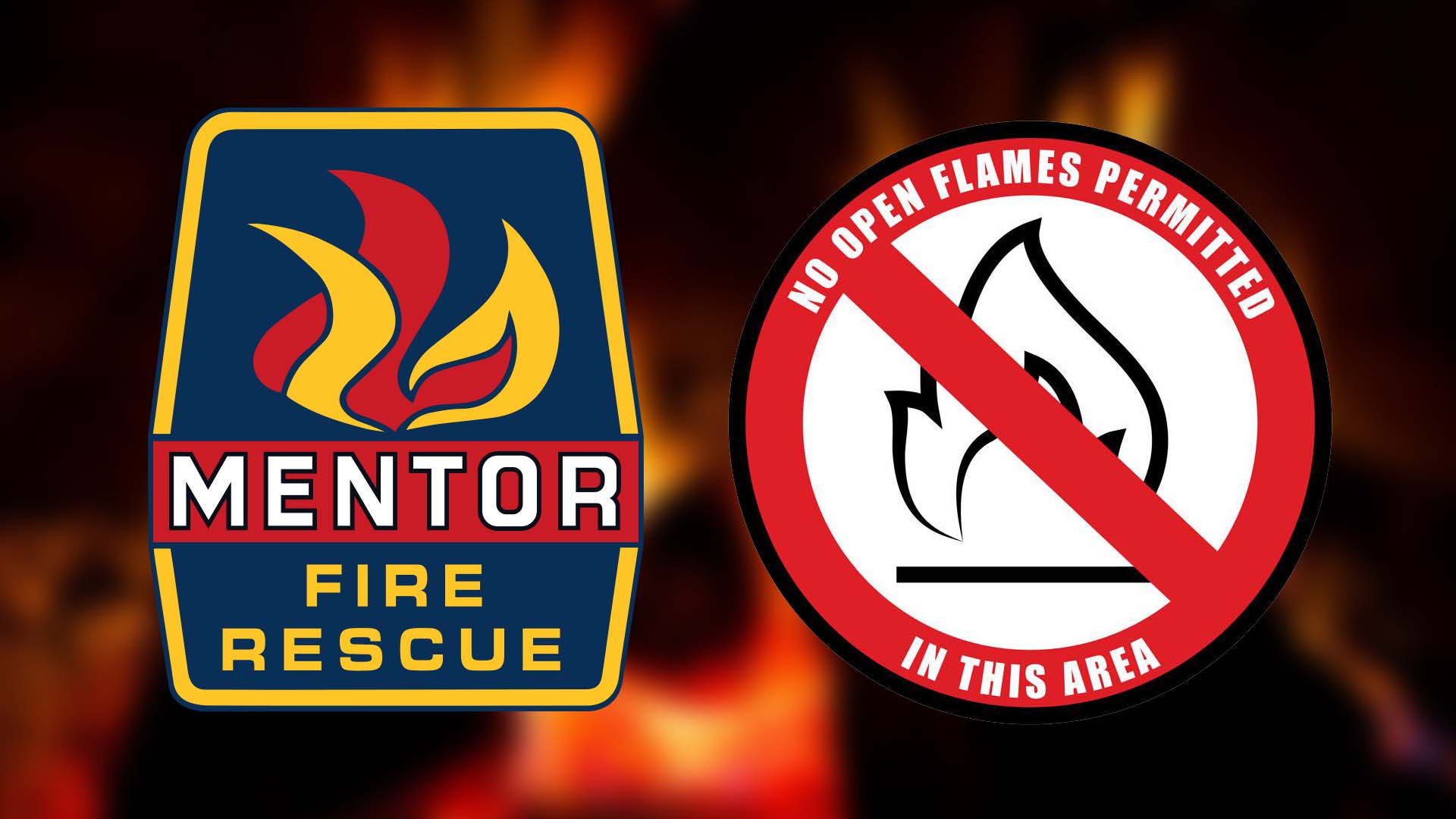
Addressing Climate Finance and Environmental Challenges in Thailand
The government of Thailand has made significant strides in addressing climate change through various initiatives, showcasing a strong commitment to environmental sustainability. However, there is a need for policymakers to consider the broader spectrum of factors contributing to the nation's environmental challenges. Scientific research highlights that a substantial portion of air pollution in Thailand, potentially more than half, stems from open biomass burning. This is a critical issue that requires immediate attention.
In comparison, emissions from vehicles and industrial activities are secondary contributors to air pollution. Satellite data over the past three years indicates little to no reduction in open burning activities, which is alarming. Some of these fires have even occurred within national parks, underscoring both environmental degradation and regulatory shortcomings.
To address this issue effectively, it is essential to redirect resources and strategic focus towards mitigating biomass burning. This can be achieved through stringent enforcement measures, public awareness campaigns, and the promotion of sustainable alternatives. By doing so, Thailand could witness more measurable improvements in air quality and overall climate outcomes.
Historical Context of the Israel-Palestine Conflict
A recent discussion on the Israel-Palestine conflict brought up an assertion that "Hamas started the war." However, this perspective overlooks the historical context of the conflict. The Nakba of 1948 marked the beginning of the ongoing conflict, as it led to the displacement of Palestinians and the establishment of the state of Israel. Recent events are not new conflicts but rather part of a long-standing struggle.
Israel's efforts to expand its territory and the attempts by Arabs to drive them out are central to this historical conflict. Achieving peace remains a challenge, with the possibility of one side succeeding or a two-state solution being imposed. However, even with such solutions, the underlying issues may persist, as highlighted by Martin Luther King Jr.'s quote: "Violence begets violence."
The Intersection of Religion and Politics in Thai Buddhism
The relationship between religion and politics in Thai Buddhism has raised concerns regarding ethical failures within the religious institution. A recent editorial criticized proposed legal remedies for these issues, questioning whether they go far enough. The core problem lies in the traditional role of Thai Buddhism as a tool for political players.
Historically, this has led to the distribution of gilded temples and other benefits in exchange for a version of Buddhism that serves the interests of wealthy patrons. This dynamic deviates from the teachings of the Buddha and raises ethical concerns.
Monks should be treated equally under the law, regardless of their religious status. For instance, if monks engage in consensual sex, it should not be a matter for the state to intervene. If the religious institution chooses to disrobe monks for such actions, that is their prerogative, but it should not be considered a criminal matter. When monks commit crimes like fraud, they should be imprisoned as any other citizen would be, without waiting for them to be disrobed.
Temples that handle money should be regulated similarly to any other public institution soliciting funds. Thai Buddhism needs to be liberated from the legalised state feudalism that currently binds it, allowing for a more transparent and ethical religious practice.
By addressing these issues, Thailand can foster a more equitable and just society, where both environmental and religious matters are handled with the necessary seriousness and integrity.
